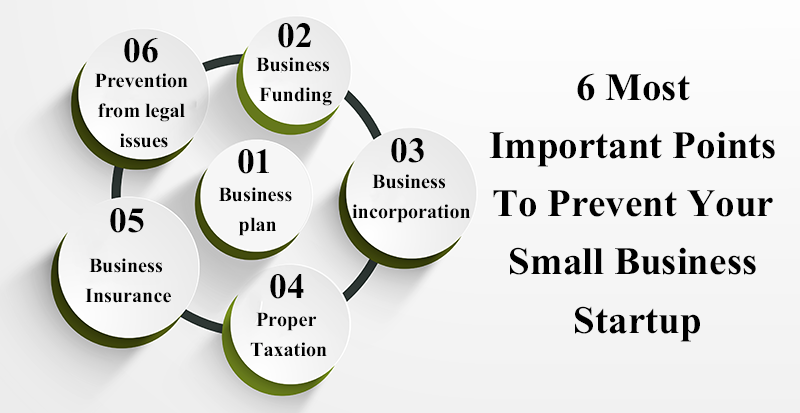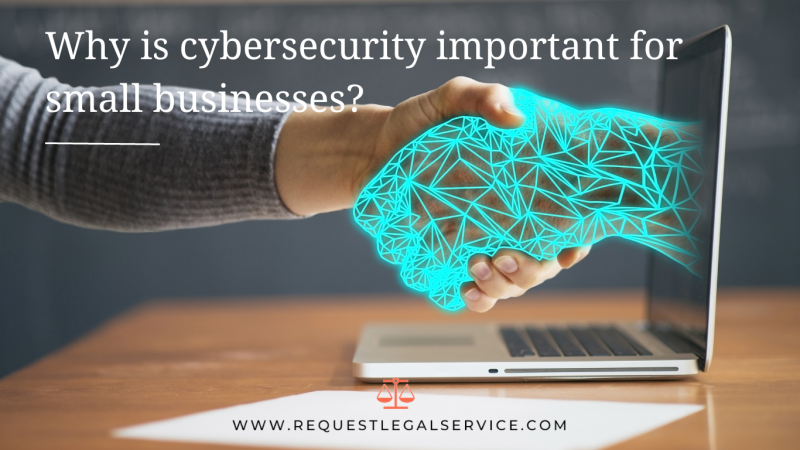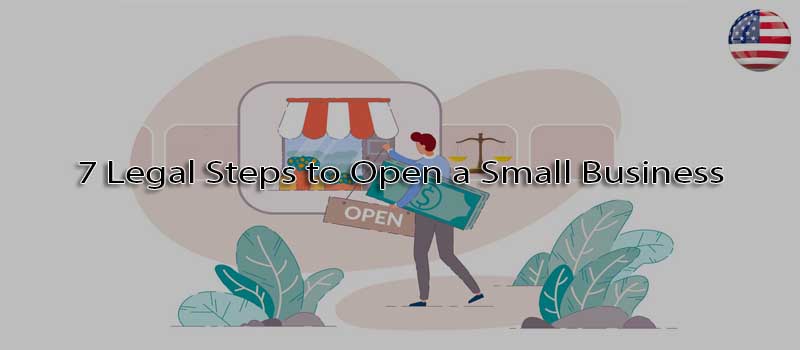
You started a small business with all perfect scenarios to make it big but your perfect business picture is in-complete until you consider following points for your small business.
1. Business plan
A business plan is always helpful in both short and long run. Its best practice to draw a business plan. It helps you to evaluate running cost of business, potential issues and potential earnings.
Your business plan helps you divide your project into strategical small tasks which ultimately make it easier to achieve the big vision you can possibly imagine.
Business plan assist you to count employee numbers you need, what type of business it’s going to be, how many assets it need, what should be the cost of starting your business and most importantly the budget you need to run it with no trouble.
According to bloomberg, 8 out of 10 small businesses fails and one of the key factor of there failure is no business plan.
2. Business funding
So once you know the amount of funds require to take off your business, it provide you insight whether you need investors or not.
It’s not an easy task to search for investors but its not that hard, There are lots of investors you can find online, waiting with all that seed capital, funds, angel funding.
As per the stats seed funding in US market rose to $3.22 billion in 2015.
3. Business incorporation
Most small business don’t need registration and a federal tax ID is enough, however an unregistered business miss tax benefits, legal benefits and personal liability protection.
Before applying for incorporation, you should analyse following factors:
- What type of business you starting: physical or e-commerce?
- In which state you wish to start your business? Different states have different tax reforms and guidelines
- Which state generate most of the revenue?
- How many employee work?
Analysing all above questions certainly assist you to find tax benefits, incorporation cost, incorporation process of different states and finalizing it.
For more information see this https://www.sba.gov/business-guide/launch/register-your-business-federal-state-agency
4. Proper Taxation
Taxation is important in every business and you know it. Don’t you? Your tax id is important for your small business, it’s an identity of your small business.
There may be the case you need two tax ID
Employer Identification Number (EID) : EID is your federal tax ID.
You need EID if your business do any of the following:
- Hire employees
- Operates as a corporation of partnership
- Files tax returns for employment, excise, or alcohol, tobacco, and firearms
- Withholds taxes on income, other than wages, paid to a non-resident alien
- Uses a Keogh Plan (a tax-deferred pension plan)
Other than EIN you need state tax ID to pay state taxes. State tax ID also help you to get legal benefits, tax benefits, rebates on revenue taxes, protection against identity theft of your business
Read more here https://www.sba.gov/business-guide/launch/get-federal-state-tax-id-number-ein
5. Business Insurance:
Business Insurance is a necessity due to following reasons:
- Lawsuits
- Protection of business property
- Accidents
- Employee protection
- Machinery protection
- Personal liability protection
- Workers compensation coverage
6. Prevention from legal issues
At first glance it legal issues looks unimportant to worth consideration. This is something you might underestimate, thinking “I just started, there should be no legal issues”, but issues don’t see the time of incorporation and this negligence may ruin your small business.
Don’t believe it, Just see the list of legal issues a small business may attract:
wrongful termination : one wrong termination and annoyed employee may retaliate by suing you. Make sure you draft legally fit hiring and termination agreement.
- copyright and patent issues
- Dissatisfied customers
- Legal fights with partners and competitors
- Harassment cases And the list go on…
As per the stats, In 2011 startups spent $37 million as legal fees. Source : https://venturebeat.com/2011/12/15/startup-legal-fee-stats/



